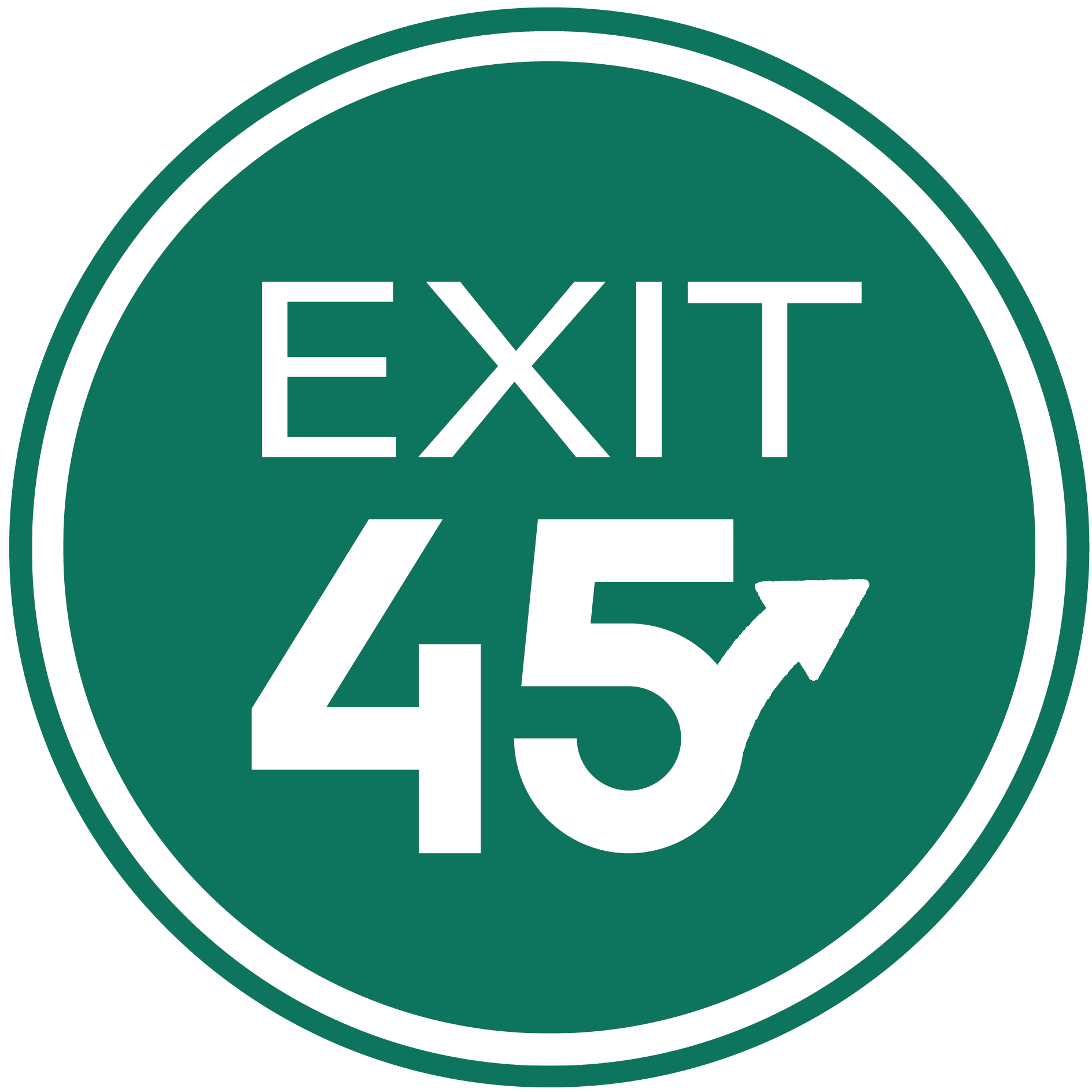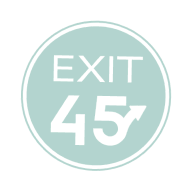Achieving a Partial C-Corporation Tax Benefit
In the last issue (#64) we discussed the obstacle whereby owners are surprised by C-Corporation Tax Implications. This issue, Achieving a Partial C-Corporation Tax Benefit, will provide preliminary information about a complex way to achieve a partial tax benefit if you sell your business in less than 10 years after switching from a C-Corporation to another business entity type.
"Uncle claims that if he files his income tax wrong he'll go to jail, and if he files it right he'll go to the poor house." Nonnee Coan
Achieving a Partial C-Corporation Tax Benefit
If you recall from our last issue, the “double taxation” of C-Corporations result in horrendous tax implications in a business sale of their assets. First the corporation pays a tax on the gain from the sale which typically ranges from 34% to 39%. Then the net proceeds, after the corporate tax, are taxed again when the monies are distributed to the owners of the business.
To shelter taxes, consider switching from a C-Corporation to an S-Corporation. The complex “built-in gain rule” may save taxes if the business is sold within 10 years of changing the type of corporate entity.
10 year transition
Non-C-Corporations, such as S-Corporations, LLCs and partnerships (“flow-through entities”) are not taxed at the corporate/entity level, but instead the profits/gains flow through as personal income to the owners of the business, and a substantial portion of the proceeds may qualify for capital gains tax. Unfortunately, if you change from a C-Corporation to a flow-through entity, the Internal Revenue Service has a 10-year “built-in gain rule,” which still taxes the sale of the corporation’s assets at the “double-taxation” C-Corporation tax rates if those assets are sold within 10 years from the date of the S-Corporation election.
Built-in gain
Wow, that last sentence is complex. That’s because the regulations are complex. And the complexity grows. If you can document the “built-in gain” as of the date you make the change, your C-Corporation tax will be limited to that “built-in-gain” and any future appreciation in value of those assets will be taxed as an S-Corporation. That means you need to appraise your hard assets and also appraise the value of your business as of the date you switch to an S-Corporation so you have records indicating the amount of the built-in-gain.
It is not unusual for goodwill to be a substantial portion of total business value
Due to high levels of Seller’s Discretionary Earnings (SDE) most successful businesses have a fair market value in excess of the value of their hard assets. As a simple explanation, the value of the business in excess of the value of the hard assets is known as goodwill, which is typically the portion of a business sale that is taxed at capital gains rates in flow-through entities. For example (again, simplifying the complexity), if a business has $300,000 in assets and the business is worth $1,000,000 based on its SDE, the goodwill value is $700,000, most of which will be taxed at capital gains rates for a flow-through corporation. Especially for highly successful businesses, it is not unusual for the value of goodwill to be a substantial portion of the total value of a business.
Obtain a professional business appraisal when changing to a flow-through entity
In all this complexity, here’s the key point. If you anticipate the value of your business will grow substantially in the next few years, the value of your goodwill is likely to increase significantly. As part of your exit strategy planning, it may be beneficial to change from a C-Corporation to an S-Corporation. If you and your advisors determine it is advantageous to do so, and there is a possibility you might sell the business in less than ten years, it’s a good idea to have your business appraised to identify the “built-in gains” as of the changeover date.
In many circumstances, the tax savings of exiting your business as an S-Corporation versus a C-Corporation can be substantial. But this is a very complex issue that requires advice and analysis by an experienced and competent tax professional. If you own a successful business that operates as a C-Corporation and intend to sell it at any point in the future, you should find a professional tax consultant to discuss the advantages, disadvantages and tax implications of a conversion to an S-Corporation.
Is your business organized as a C-Corporation? If so, get some ……


